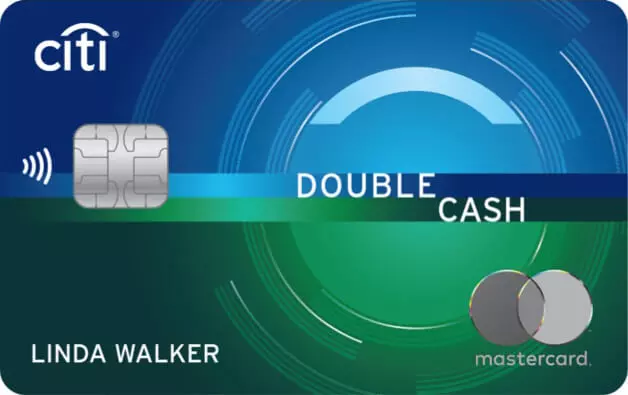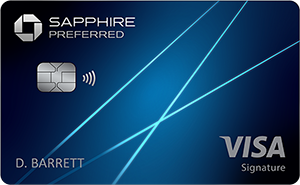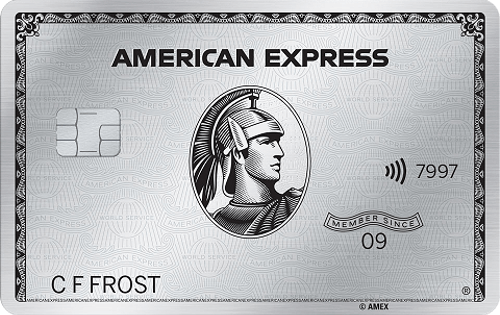Christine Krzyszton
Christine Krzyszton
Senior Finance Contributor
355 Published Articles
Countries Visited: 100U.S. States Visited: 45
Christine ran her own business developing and managing insurance and financial services offices. This stoked a passion for points and miles and she now has over 2 dozen credit cards and creates in-dep...
Edited by: Jessica Merritt
Jessica Merritt
Senior Editor & Content Contributor
180 Published Articles 774 Edited Articles
Countries Visited: 4U.S. States Visited: 23
A long-time points and miles student, Jessica is the former Personal Finance Managing Editor at U.S. News and World Report and is passionate about helping consumers fund their travels for as little ca...
& Juan Ruiz
Juan Ruiz
Senior Editor & Content Contributor
438 Published Articles 1070 Edited Articles
Countries Visited: 49U.S. States Visited: 32
Juan has extensive experience in writing and editing content related to credit cards, loyalty programs, and travel. He has been honing his expertise in this field for over a decade. His work has been ...
![The 10 Best Credit Cards for Seniors and Retirees [2025]](https://upgradedpoints.com/wp-content/uploads/2024/04/Chase-Sapphire-Preferred_Upgraded-Points_website.jpg?auto=webp&disable=upscale&width=1200)









![CareCredit® Credit Card — Review [2024]](https://upgradedpoints.com/wp-content/uploads/2020/05/Synchrony-CareCredit-Card.png?auto=webp&disable=upscale&width=1200)
![The New United Explorer Card – Full Review [2025]](https://upgradedpoints.com/wp-content/uploads/2024/06/UNTD_ExplorerCard.png?auto=webp&disable=upscale&width=1200)
![NASCAR® American Express® Card – Review [2024]](https://upgradedpoints.com/wp-content/uploads/2024/09/nascar-amex.png?auto=webp&disable=upscale&width=1200)
![Best Instant-Use Credit Cards That Issue Card Numbers Upon Approval [July 2025]](https://upgradedpoints.com/wp-content/uploads/2019/05/Stack-of-Credit-Cards-on-Table-4-Upgraded-Points-LLC.jpg?auto=webp&disable=upscale&width=1200)